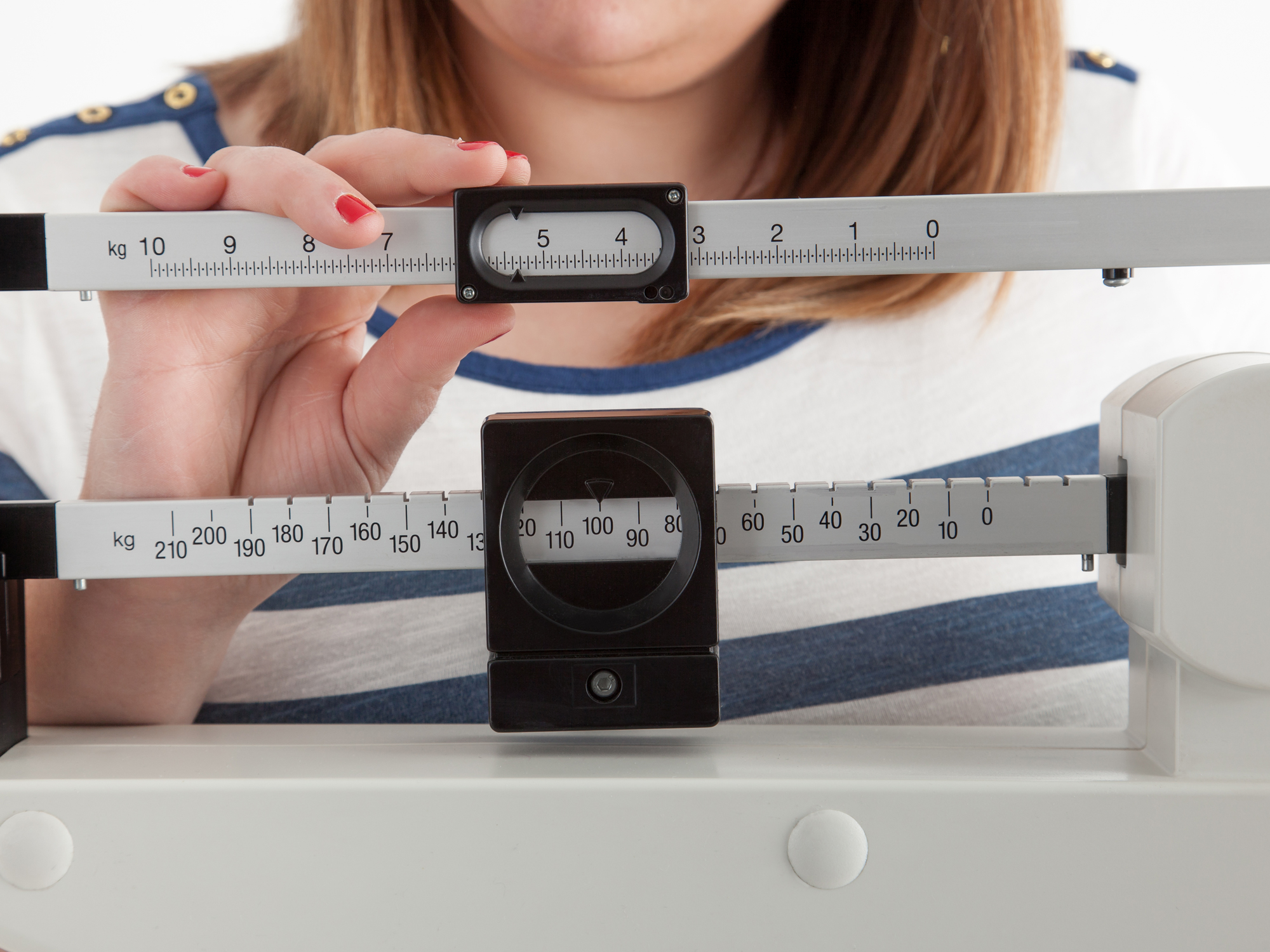Get Easy Health Digest™ in your inbox and don’t miss a thing when you subscribe today. Plus, get the free bonus report, Mother Nature’s Tips, Tricks and Remedies for Cholesterol, Blood Pressure & Blood Sugar as my way of saying welcome to the community!
Reduce your risk of obesity 37%

One of the common arguments I hear from people who try to forego the over-processed, store brought foods is that they can’t afford to eat healthy food.
But if you’ve ever felt this way, I’m here to remind you why cheap food is so cheap — and what it does to your body and your health. Then the question you will be asking is: how can you NOT afford to eat healthy…
Because this is what happens when you eat the cheap, ultra-processed foods… you are:
- 37 percent more likely to be obese
- 41 percent more likely to have belly fat
- 34 percent more likely to have an elevated C-reactive protein level (which is a marker for inflammation — the root symptom of chronic disease)
- 14 percent more likely to have high cholesterol
- 21 percent more likely to have high blood sugar
These statistics are from researchers from the Centers for Disease Control and Prevention and Emory University proving the direct connection between eating cheap food and poor health.
A really sad thing about all of this is that the governments would rather you eat these foods that are setting you up for a lifetime of sickness…
I say that because the cheapest food is being subsidized by the government. And most of the time it’s corporate farms that produce corn, soybeans, wheat and rice — the ingredients that fill all of the cheap, processed food on grocery store shelves — that receive substantial lumps of cash from the U.S. government to run big-ag operations that churn out these foods as cheaply as possible. Sorghum, dairy and livestock are also heavily subsidized.
Just as an example… the environmental research nonprofit the Environmental Working Group reported that between 1995 and 2014, corn farmers received $94 billion in subsidies and soybean farmers received more than $31 billion in subsidies. And all of this money comes from your tax dollars.
But while the amount of money going to these big-ag operations is definitely staggering, the real problem with these subsidies are that they encourage farmers to grow cheap, poor quality food that harms your health.
I have nothing against farmers, believe me. In fact, I go straight to local farmers for the food that goes on my family’s table. I love them and appreciate the hard work they do.
But it’s these subsidized foods that turn up in your grocery store as factory-farmed meat and dairy products, refined grains, high-fructose corn syrup-sweetened soft drinks, and processed and packaged foods.
And the stats above clearly show the effect of subsidized food on your body is not pretty —and for that reason the costs are astronomical. You’ll pay more in some way, shape or form — even if you don’t pay for them in the grocery store check-out line.
If you want to avoid these foods but still eat for (relatively) cheap, here are a few tips you can follow:
- Grow your own food. Depending on where you live, you may be able to grow quite a bit of food and save quite a bit of money. If you learn to ferment some of them (like making your own kraut) you can further save money on buying probiotic supplements.
- Don’t’ shortcut. At the grocers avoid the easy, pre-package health foods, and go to the produce section and buy fresh fruits and veggies (frozen whole produce is also safe). Get unadulterated meat (if you can find it).
- Use coupons. You’d be surprised, but coupons really add up in your overall grocery bill. Most health food chains offer monthly coupon booklets, so put them to good use for items like pasta, rice, frozen fruits and vegetables.
- Embrace leftovers. Save money buying two pounds of meat instead of one. Freeze it or cook it all, and enjoy the leftovers. There’s nothing better than getting two meals for the price of one!
- Check out your local farmer’s market. If you live in a rural area with a lot of farms, chances are your farmer’s markets have some pretty sweet deals. Urban and suburban farmer’s markets are a little pricier. But if you go right before they’re about to close, a lot of farmers will cut you deal so they can unload their leftover food.
Try these tips for yourself and see if they make eating healthy more affordable. And the next time you’re tempted to grab the cheap stuff, just remember, cheap food isn’t really all that cheap when you add up the harm it does to your body.
Special thanks to my colleague Jenny Smiechowski on this post.
Sources:
-
R. Siegel, K. McKeever Bullard, G. Imperatore, H.S. Kahn, A.D. Stein, M.K. Ali, K. M. Narayan. “Association of Higher Consumption of Foods Derived From Subsidized Commodities With Adverse Cardiometabolic Risk Among US Adults.” JAMA Internal Medicine. Published online July 05, 2016. doi:10.1001/jamainternmed.2016.2410.
-
“How Crop Subsidies Make You Fat.” The Environmental Working Group. http://www.ewg.org. Retrieved July 7, 2016.













